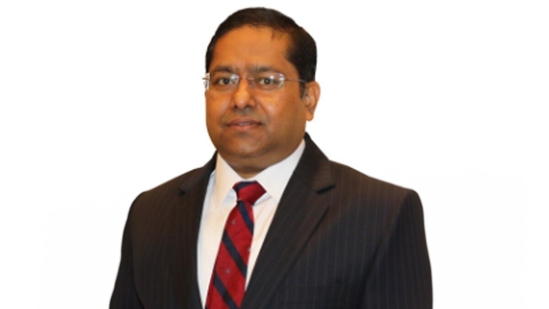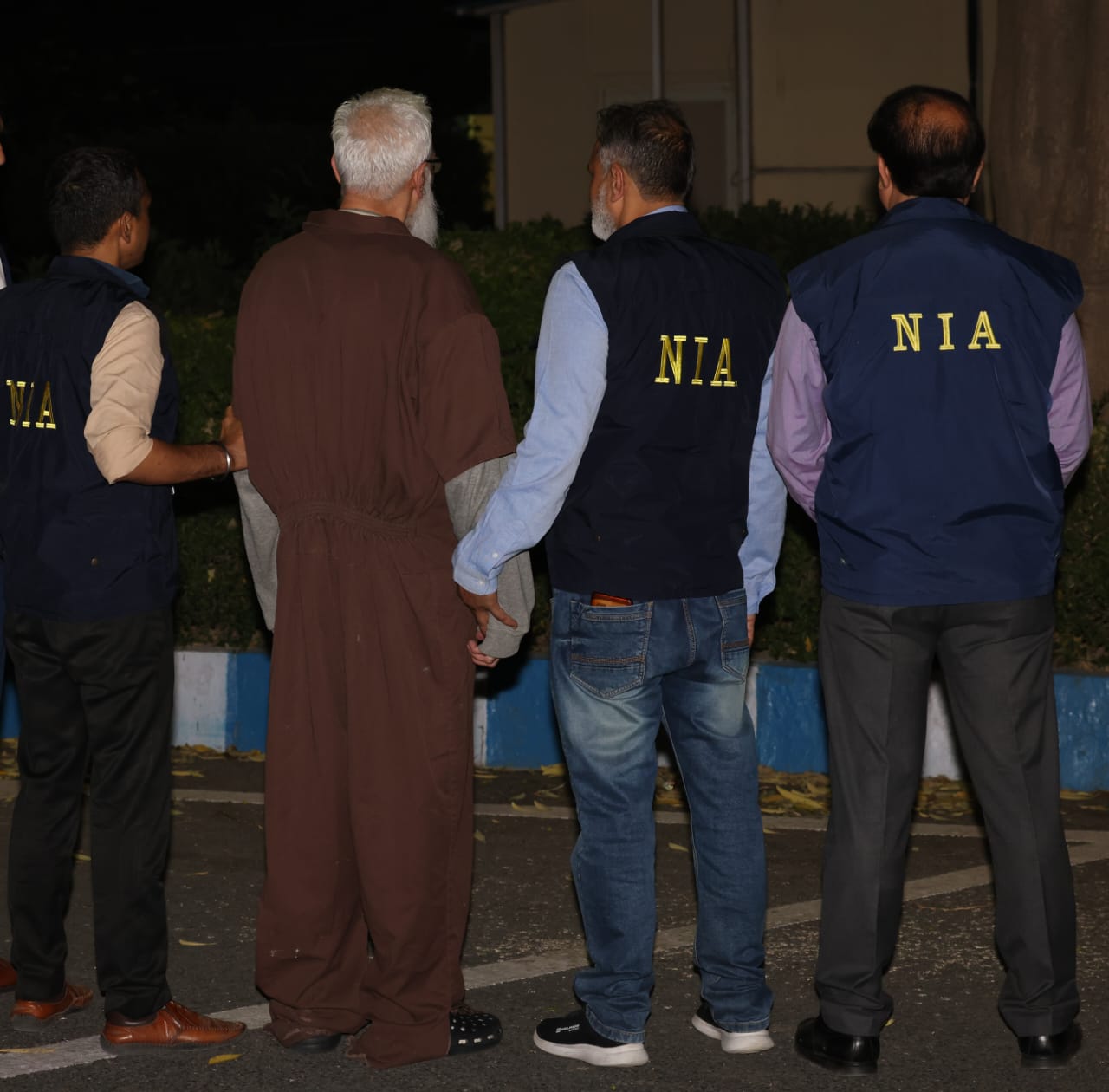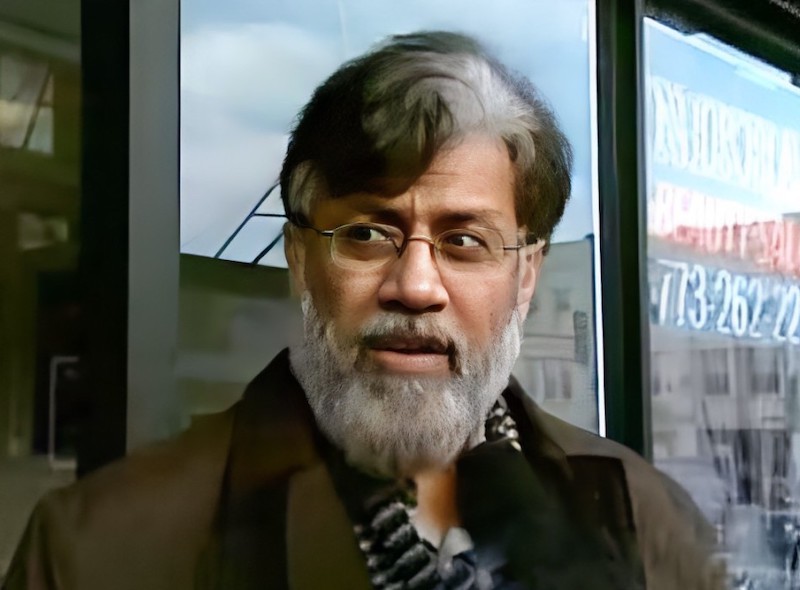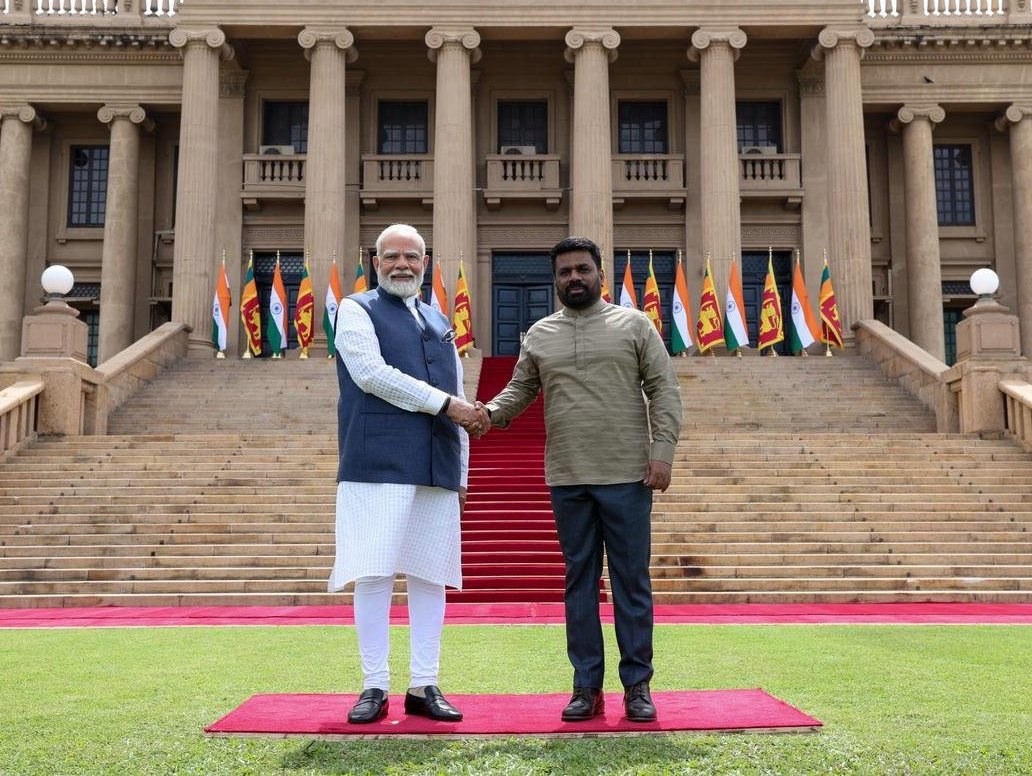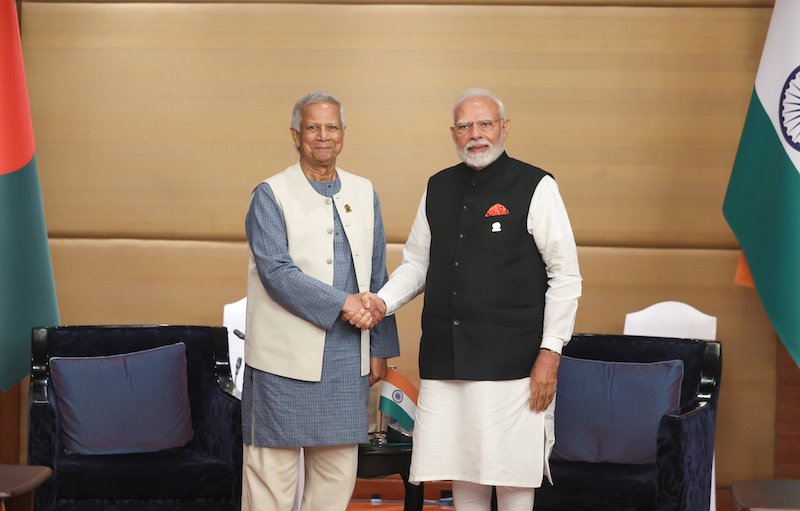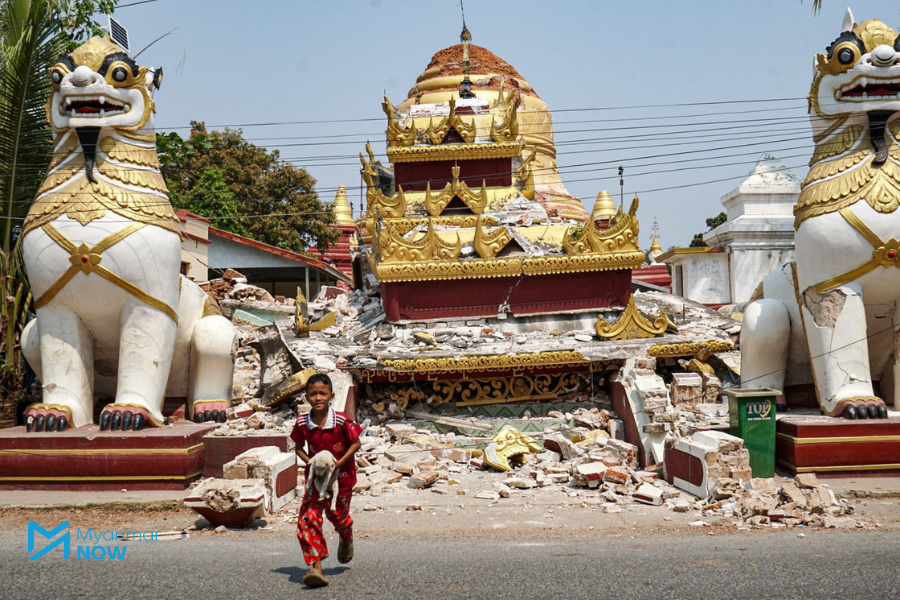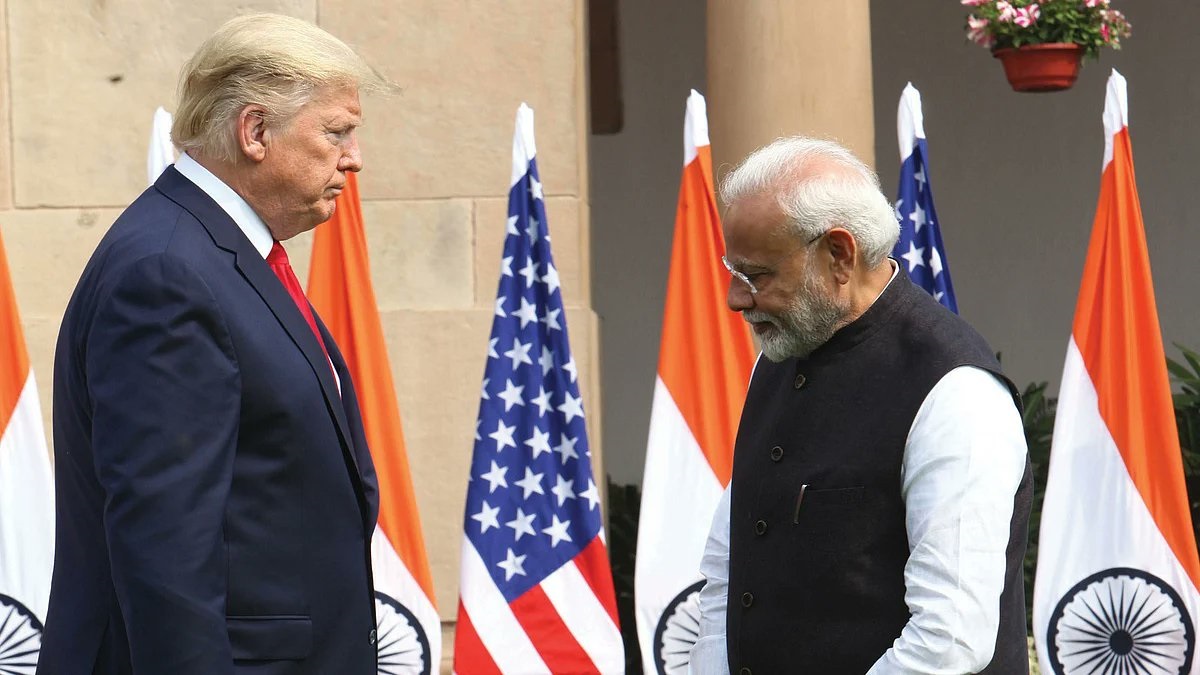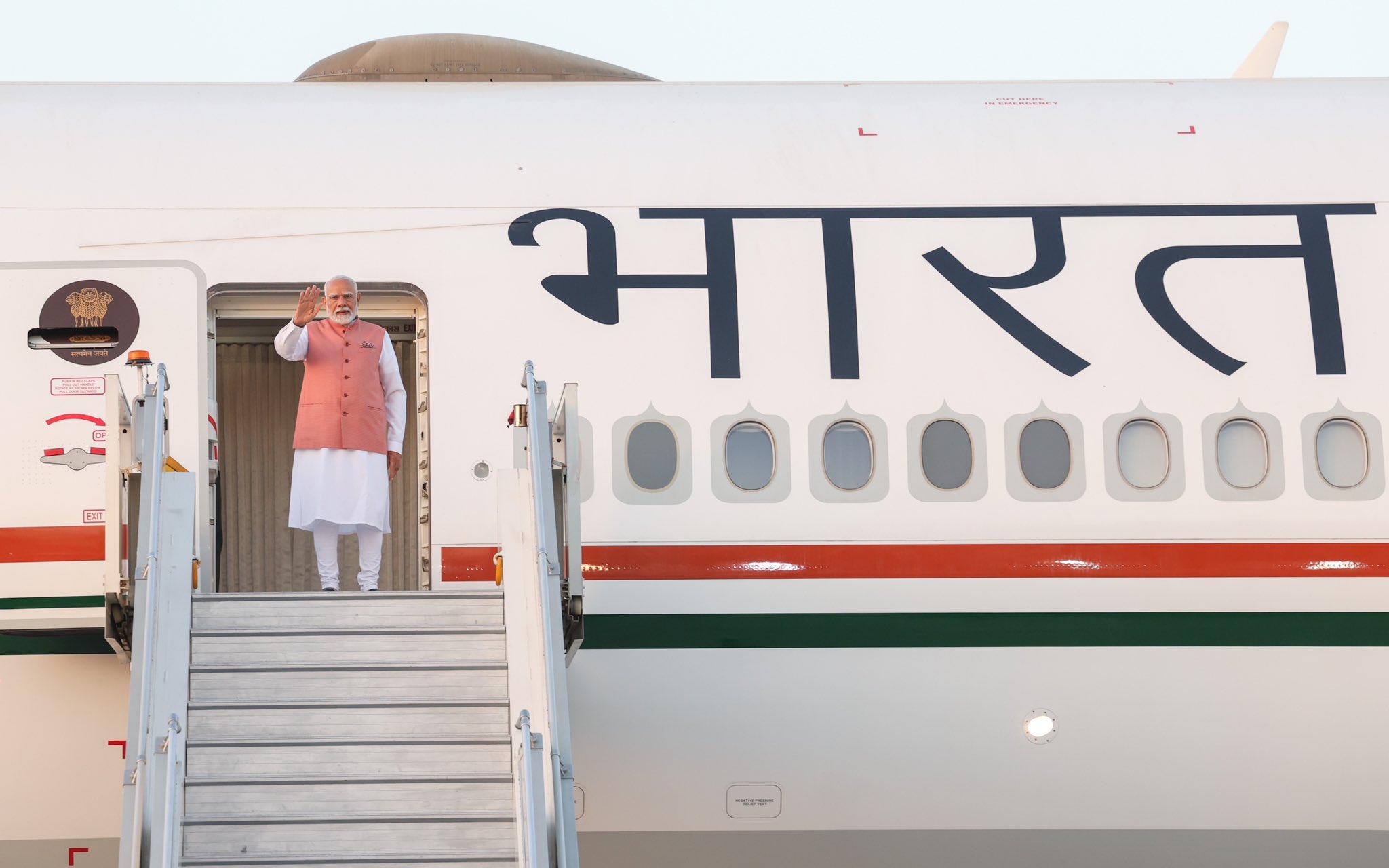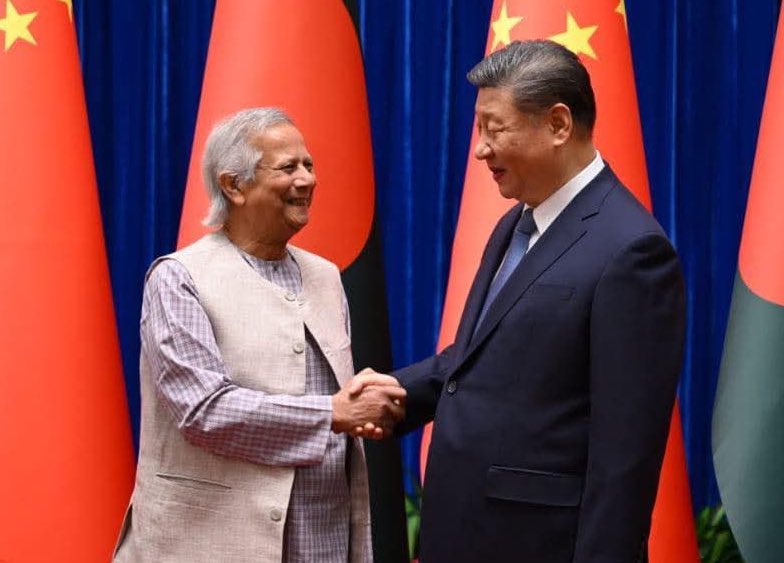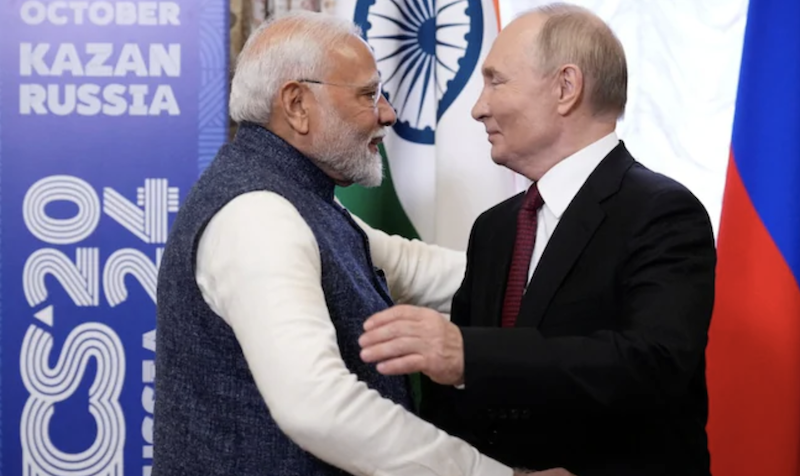 Vladimir Putin (R) warmly received Narendra Modi at the BRICS Summit 2024 in Kazan, Russia with a hug.
Vladimir Putin (R) warmly received Narendra Modi at the BRICS Summit 2024 in Kazan, Russia with a hug.
New Delhi: The three-day 16th BRICS Summit started in Kazan, Russia, on Tuesday. The summit is seen as a major event in the evolving global geopolitical landscape. For India, this summit is particularly crucial, given the country’s balanced diplomatic approach between the BRICS bloc and western nations.
The prime minister, Narendra Modi, arrived in Kazan, where he had a bilateral meeting with the Russian president, Vladimir Putin, and the Iranian president, Masoud Pezeshkian, on the sidelines of the summit.
Russian President Vladimir Putin warmly receives Prime Minister Narendra Modi at the #BRICS Summit in Russia’s Kazan.@narendramodi @PMOIndia @KremlinRussia_E @MEAIndia @mfa_russia#BRICS2024 #BRICSKazan #ModiXiMeeting #ModiPutinMeeting pic.twitter.com/w01rUaxlJN
— India Sentinels (@indiasentinels) October 22, 2024
The BRICS, which is an acronym of the first letters of the names of the founding countries – Brazil, Russia, India, China, and South Africa – was originally conceived as a counterweight to western dominance in global institutions. Since then, it has grown in stature over the years.
This year’s summit is hosted by Russia, a founding member, and is notable for the inclusion of five new members: Egypt, Ethiopia, Iran, Saudi Arabia, and the United Arab Emirates.
For India, the BRICS Summit is a platform to assert its influence on the global stage. As one of the founding members, India has consistently maintained a balanced approach, navigating its relationships with both BRICS and western countries.
The summit’s agenda this year includes critical discussions on global political and economic changes, and addressing challenges, such as Middle East tensions and the crisis in Ukraine. These discussions are crucial for India, as they align with its broader foreign policy goals of promoting multipolarity and reducing dependence on any single bloc.
Modi-Putin Meeting
Modi’s attendance at the BRICS Summit and his meeting one-on-one with Putin on Tuesday is seen as a significant event, given the strategic partnership between India and Russia.
Had an excellent meeting with President Putin. The bond between India and Russia is deep-rooted. Our talks focussed on how to add even more vigour to our bilateral partnership across diverse sectors. pic.twitter.com/5KCjqSO0QS
— Narendra Modi (@narendramodi) October 22, 2024
During their meeting, Modi told Putin that India advocates for peaceful resolutions to conflicts, specifically mentioning the Russia-Ukraine situation. He said India has maintained contact with all parties involved in the Russia-Ukraine issue. New Delhi’s stance has always been that dialogue can resolve all conflicts. The prime minister said India believes in peaceful solutions to disputes and is always prepared to assist in bringing about peace.
?Putin makes Modi laugh during bilateral talks
— Sputnik India (@Sputnik_India) October 22, 2024
"Our relationship is so tight that you understand me without any translation": ??Putin to ??PM Modi
हमारे रिश्ते कुछ ऐसे हैं की आप बिना अनुवाद के ही सब समझ जाएंगे pic.twitter.com/BaKMUkZaIF
This is Modi’s second visit to Russia in 2024, which underscores the importance of the bilateral relationship between New Delhi and Moscow, particularly in areas such as energy security and defence cooperation.
It may be mentioned that earlier this year, the prime minister visited Russia in July. Soon after that visit, Modi went to Ukraine and held bilateral discussions with the Ukrainian president, Volodymyr Zelenskyy, in Kyiv.
Modi to Meet Xi
Meanwhile, after much speculation, especially in the last 24 hours since India announced that it had reached a kind of deal on the border impasse with China in eastern Ladakh, New Delhi has confirmed that Modi will hold a bilateral meeting with the Chinese president, Xi Jinping, on the sidelines of the BRICS Summit.
Media quoted the foreign secretary, Vikram Misri, as saying: “I can confirm that there will be a bilateral meeting held between Prime Minister Modi and Chinese President Xi Jinping tomorrow on the sidelines of the BRICS Summit.” The meeting may take place on Wednesday.
It may be noted that since the 2020 Galwan valley clash in eastern Ladakh between Indian and Chinese forces, the two leaders met very briefly just twice – during the 2022 Bali G20 Summit in Indonesia and the 2023 Johannesburg BRICS Summit in South Africa.
The possibility of a meeting between Modi and Xi Jinping during the summit is a topic of considerable interest. The border tensions between India and China, particularly along the line of actual control (LAC), have been a persistent issue. Now that the meeting is confirmed, it may have significant implications for bilateral relations between the two nations.
New Entrants in BRICS
The expansion of BRICS to include Egypt, Ethiopia, Iran, Saudi Arabia, and the UAE marks a significant shift in the group’s composition and influence. These new members bring diverse economic and geopolitical profiles, and will enhance the group’s global representation.
Had a very good meeting with the President of Iran, Mr. Masoud Pezeshkian. We reviewed the full range of relations between our countries. We also discussed ways to deepen ties in futuristic sectors. @drpezeshkian pic.twitter.com/PQ4Ky3i8JK
— Narendra Modi (@narendramodi) October 22, 2024
The inclusion of Iran and Russia’s close allies in the Middle East, such as the UAE and Saudi Arabia, reflects the bloc’s growing influence in the region. Egypt and Ethiopia’s membership amplifies African voices, while Saudi Arabia and the UAE bring in the two biggest economies in the Arab world, further solidifying the group’s energy and economic cooperation.
This expansion challenges the dominance of the west-led global institutions, such as the World Bank and the International Monetary Fund. BRICS+ now accounts for over a quarter of the global economy, nearly half of the world’s population, and significant portions of global trade and energy production.
The group is poised to exert influence over key global issues, including the transition to clean energy, the shape of the global economic system, the competition between China and the west, and the Israel-Palestine conflict, especially the devastating impact of the ongoing war in Gaza, which several countries have termed as genocide.
Implications for Global Geopolitics
The BRICS Summit 2024 signals a clear intent by the member countries to create a more multipolar world order. The group’s growing heft and diversity make it a formidable force in global geopolitics. The establishment of institutions, like the New Development Bank, which has funded nearly $32 billion in infrastructure projects, demonstrates the group’s commitment to alternative financial structures and reduced dependence on the US dollar.
However, this expansion also brings new challenges. The diverse political systems, institutional frameworks, and economic models of the member countries could lead to internal divisions. For instance, the rivalry between Saudi Arabia and Iran, as well as the strained relations between China and India, pose significant hurdles to a unified BRICS stance.
Despite these challenges, the BRICS Summit 2024 is a milestone in the group’s evolution. It underscores the determination of emerging economies to have a greater say in global affairs. For India, the summit is an opportunity to reinforce its strategic partnerships, address critical global issues, and contribute to the shaping of a new international order.

